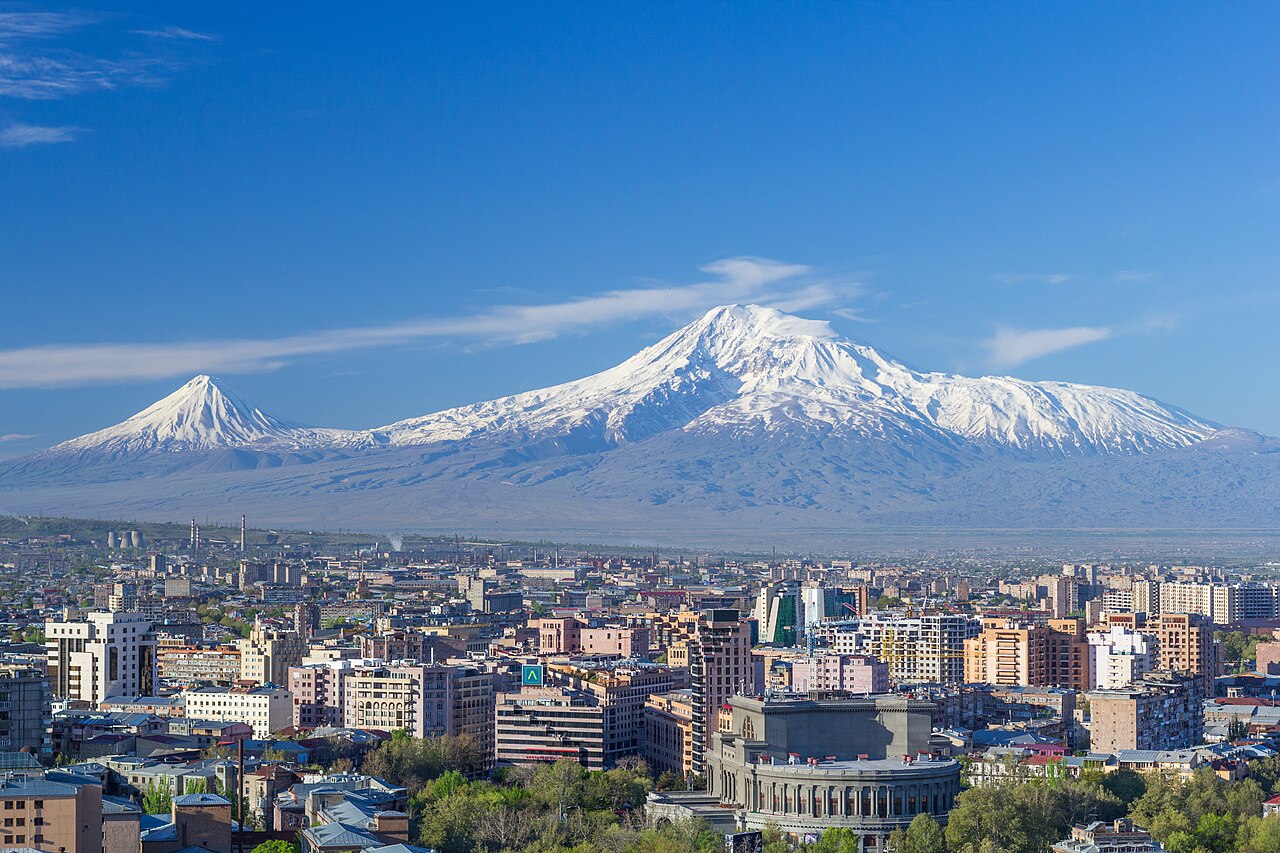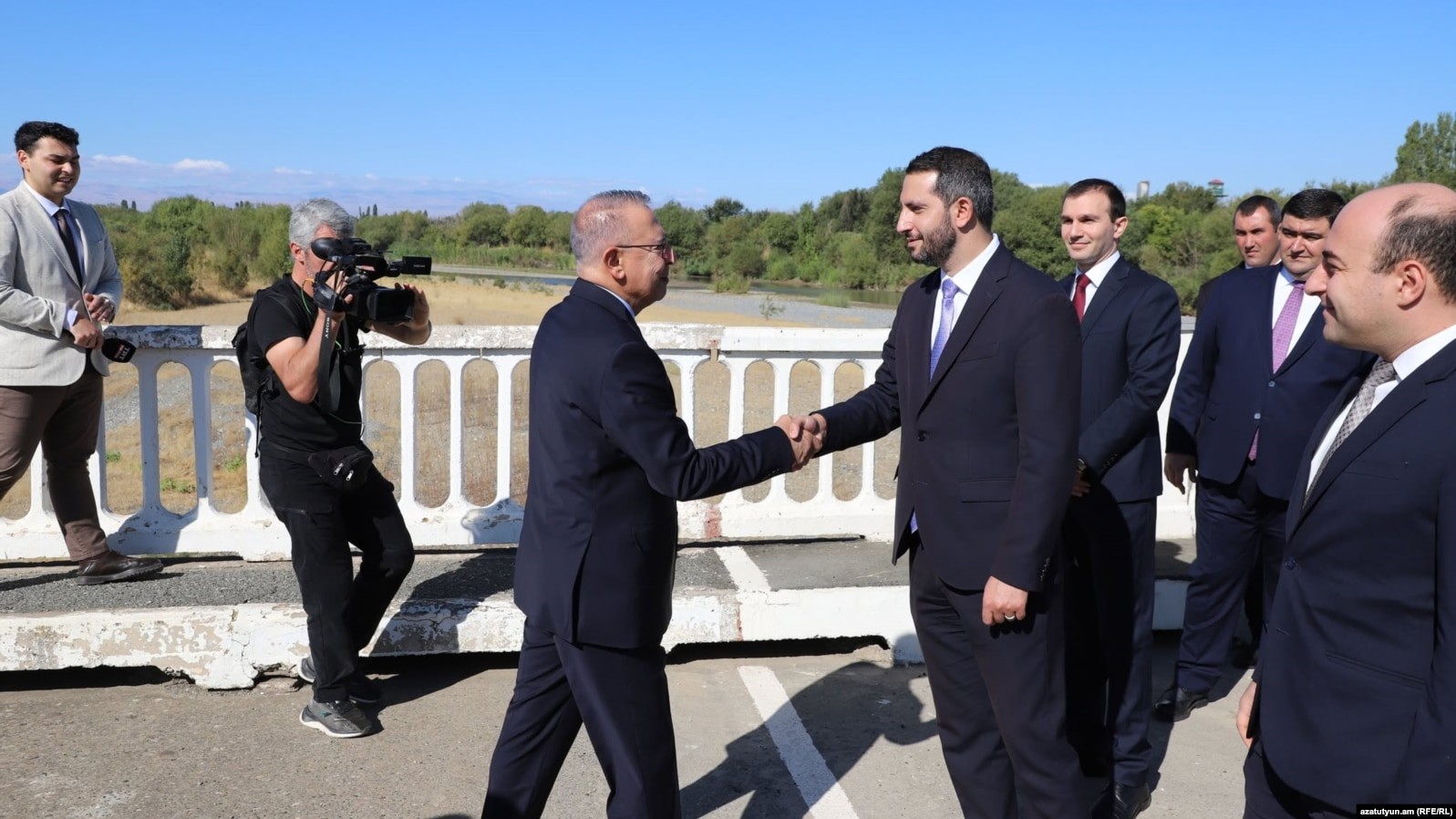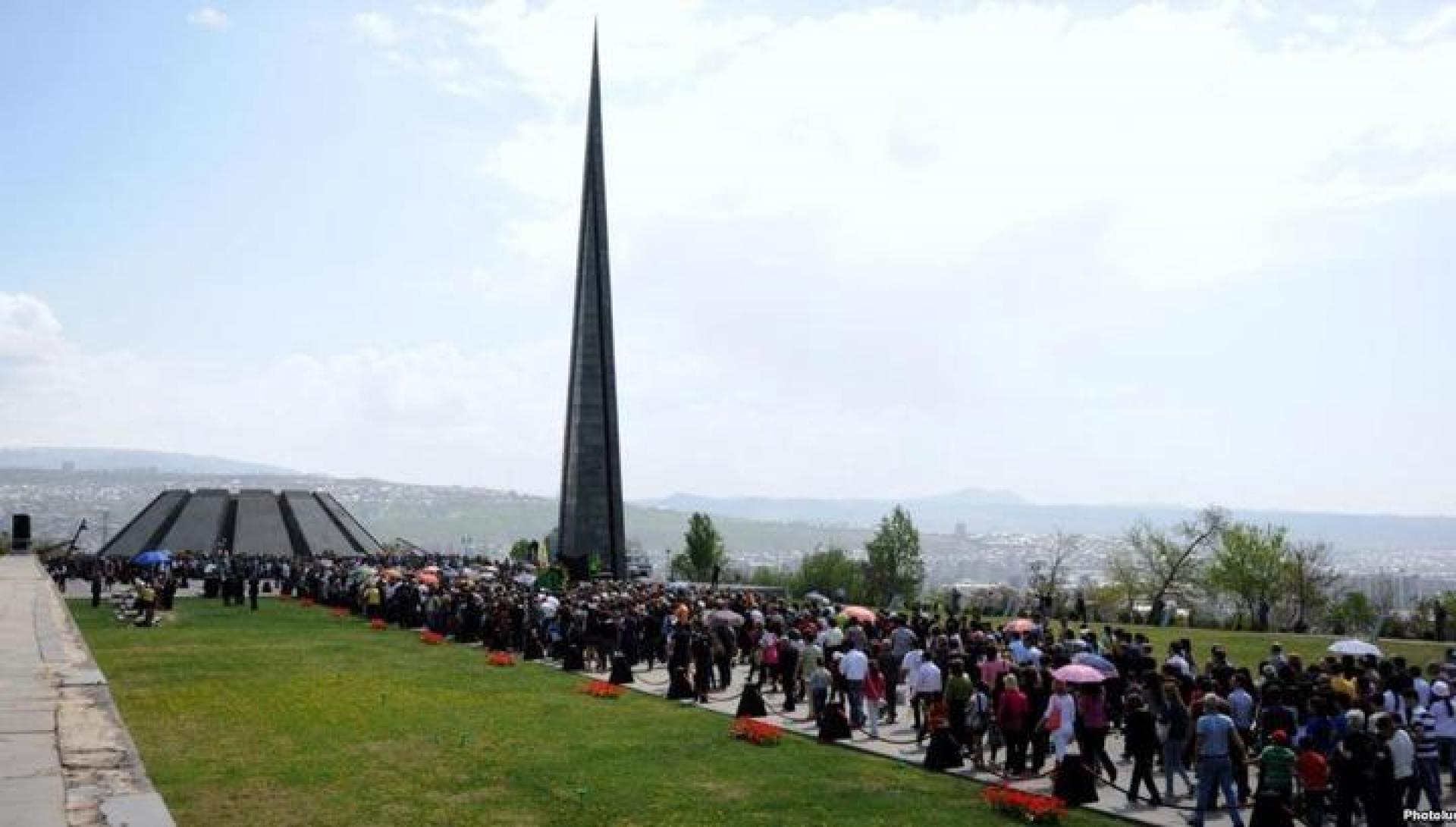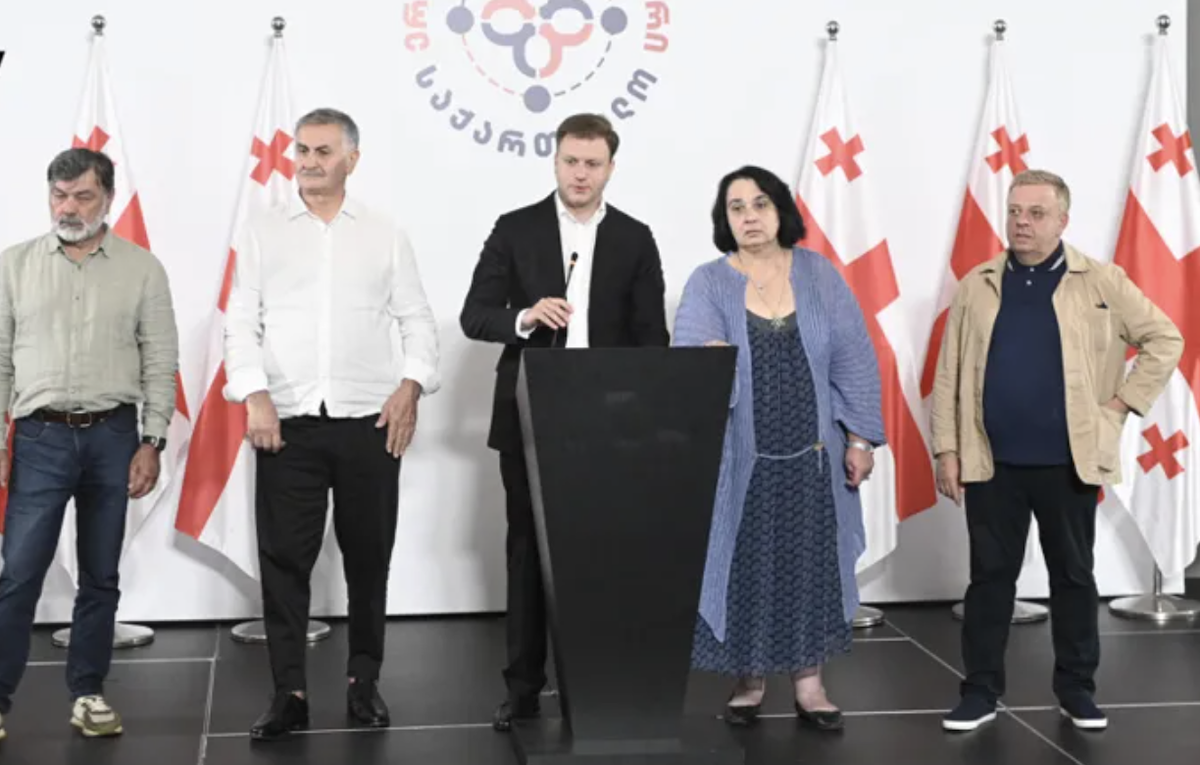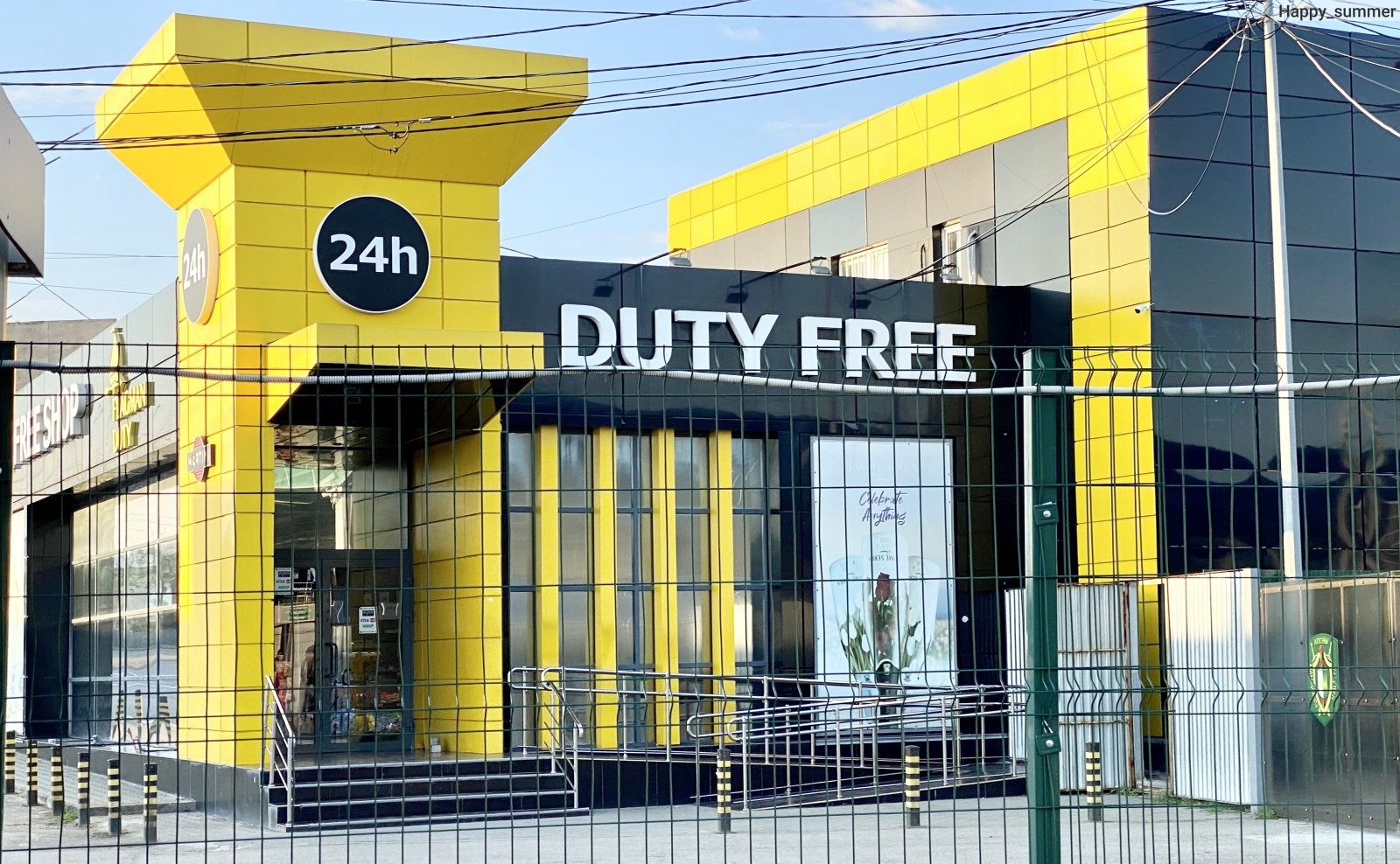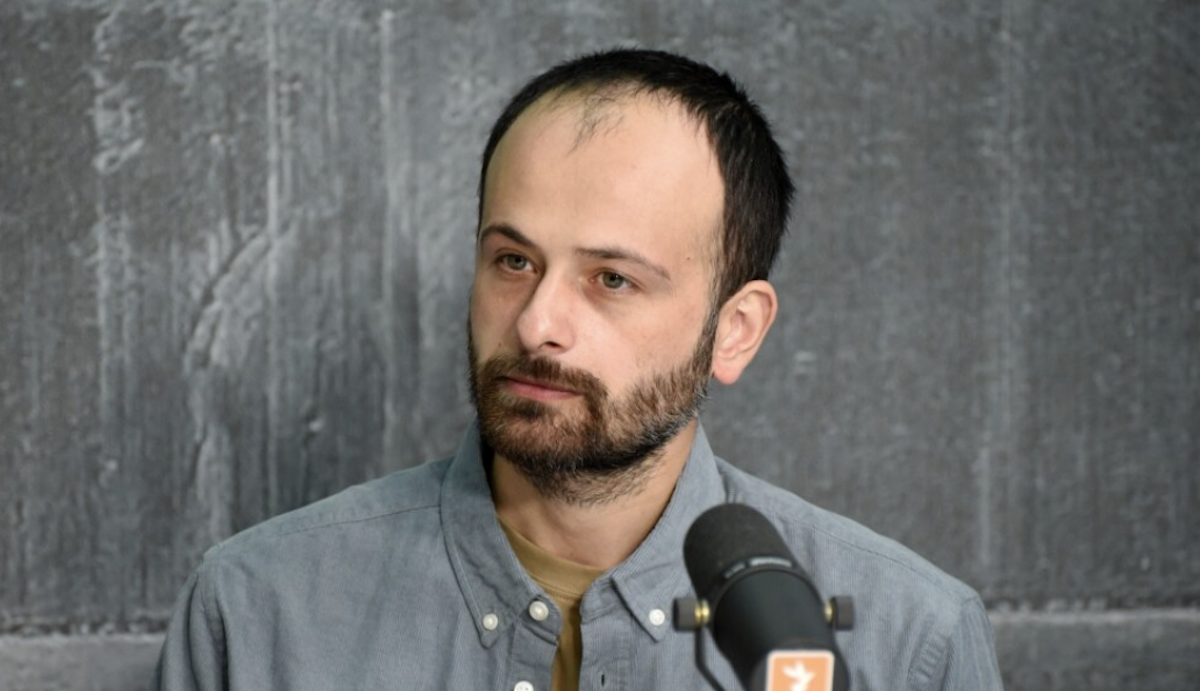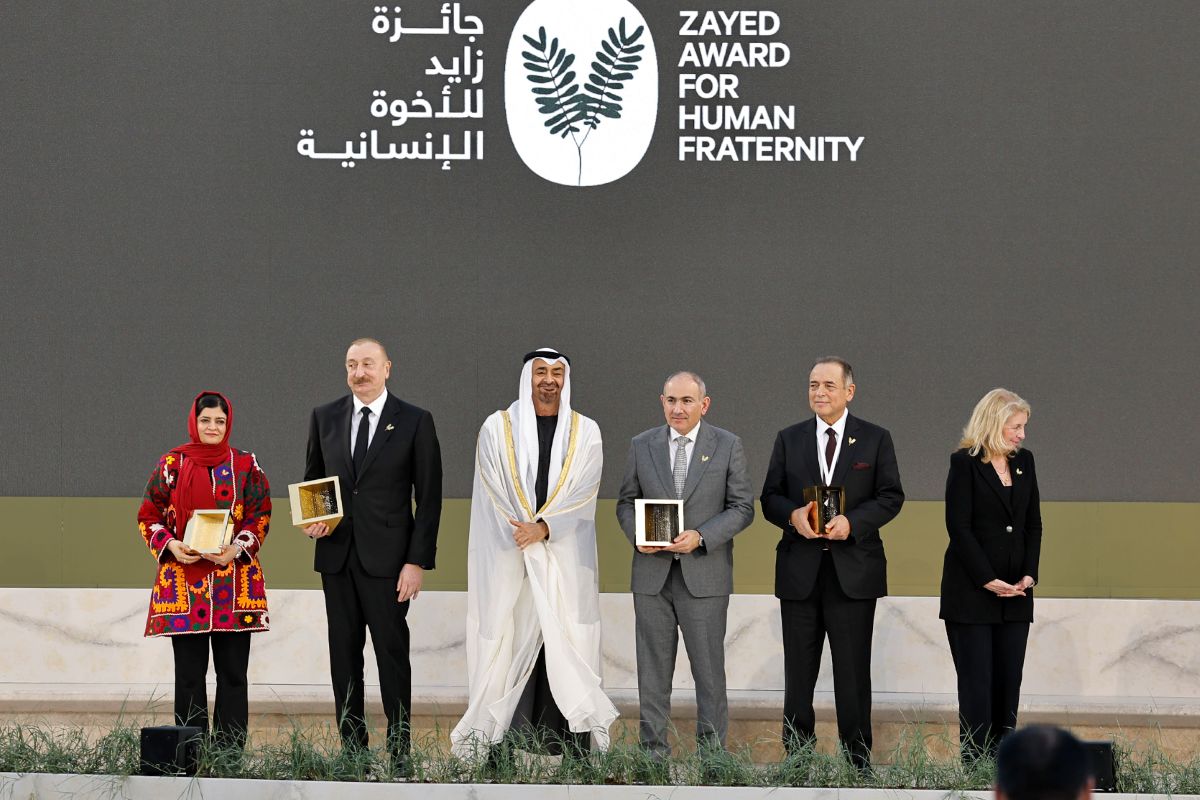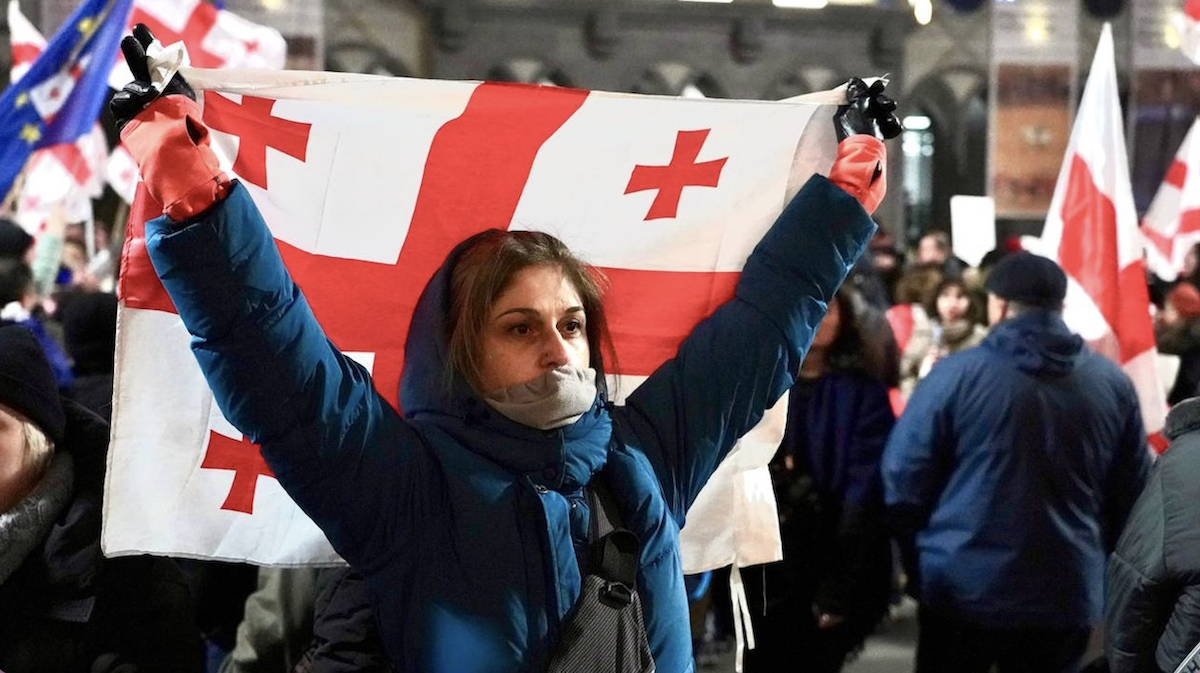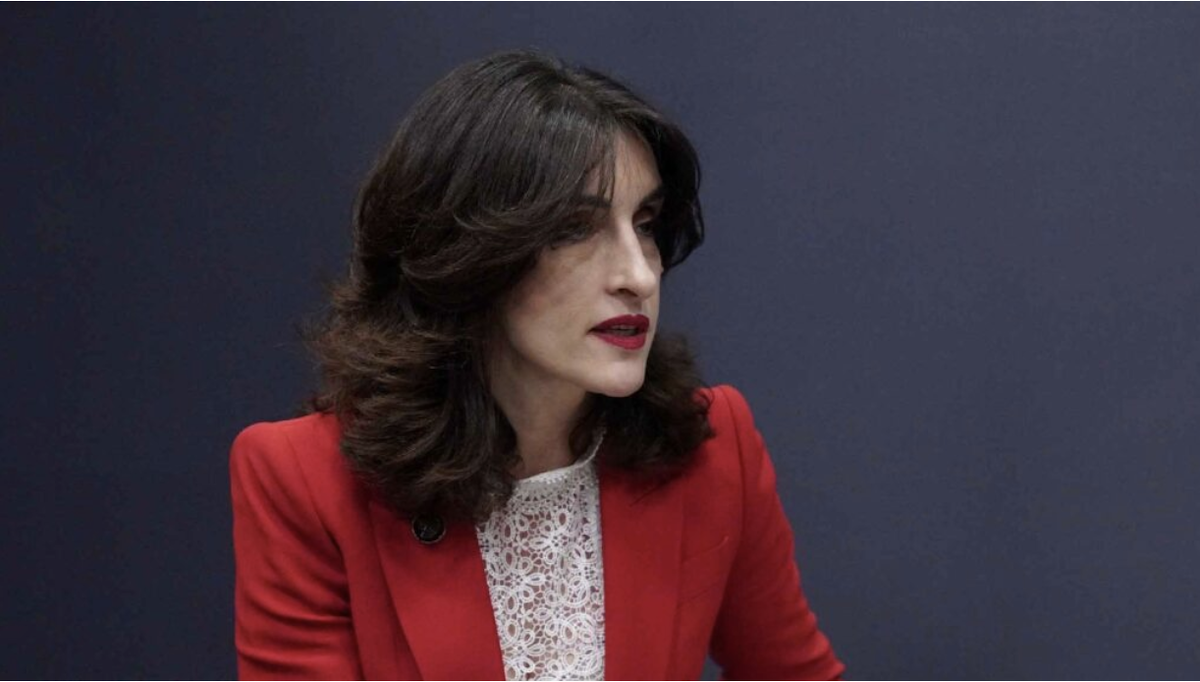'Armenia expects concrete steps from Turkey': what was achieved and what’s still possible
Armenia–Turkey: where does normalization stand now?
“There are no obstacles preventing full normalization of relations, and in this sense, we expect concrete steps from Turkey,” said Sargis Khandanyan, an MP from Armenia’s ruling party and chair of the parliamentary foreign affairs committee.
Around the same time, reports emerged that Turkish Airlines plans to launch regular flights to the Armenian capital. Neither Ankara nor Yerevan has yet confirmed when the flights will begin. Khandanyan noted that the airline’s entry into the Armenian market had been discussed in the past. However, it “did not materialize for political reasons.”
Following certain understandings reached between Armenia and Azerbaijan during talks in Washington this August, Ankara has intensified efforts to normalize relations with Yerevan. Turkey’s president welcomed the U.S.-brokered mediation and the establishment of a “lasting peace” between Armenia and Azerbaijan. Addressing the UN General Assembly, Recep Tayyip Erdoğan said that normalization between Turkey and Armenia is proceeding “according to plan.”
From the same podium, Armenia’s Prime Minister Nikol Pashinyan described the dialogue with Turkey as “unprecedentedly positive.” He expressed hope that by next year he would be able to say the border between the two countries has opened. Still, many Armenian analysts remain skeptical of such optimism.
- “Aliyev speaks of a “corridor” and calls Armenian society “sick” after the US meeting” – opinion from Yerevan
- “South Caucasus is losing priority in Ankara’s foreign policy” – comment from Yerevan
- Opinion from Yerevan: “Turkey’s preconditions for Armenia are often voiced from Baku”
Statement by Turkey’s National Security Council: how it was received in Yerevan
Turkey’s National Security Council said this week that it supports ongoing efforts to normalise relations with Armenia. The meeting, chaired by President Recep Tayyip Erdoğan, also discussed the results of the recent Armenia–Azerbaijan talks. In particular, members of the council stressed “the importance of a transport corridor between Azerbaijan and Nakhchivan [through Armenian territory].” They said it would serve the interests of all countries in the region.
“This is about unblocking communications and launching the TRIPP — the Trump Route for International Peace and Prosperity — agreed between the leaders of Armenia and Azerbaijan under the mediation of Donald Trump. I am confident that Turkey does not want to stay on the sidelines of these processes, and now is the best time to move forward,” said Sargis Khandanyan, a ruling party MP and chair of Armenia’s parliamentary foreign relations committee.
According to Khandanyan, the latest statement by Turkey’s National Security Council shows that the political dialogue between Yerevan and Ankara remains positive. He also noted that reports of Turkish Airlines planning to launch regular direct flights to Yerevan are no coincidence.
“Of course, this is a business decision,” he said. “But it’s clear that the political dialogue played an important role in making it possible.”
Pashinyan on progress in Armenia–Turkey relations
Armenian Prime Minister Nikol Pashinyan gave a positive assessment of the process of normalising relations with Turkey. He said his meetings with Turkish President Recep Tayyip Erdoğan are now held on a regular basis and that the level of trust between the two sides is increasing.
“This is an achievement I highly value. I am confident that it will lead to positive results in the foreseeable future — namely, the establishment of diplomatic relations between Armenia and Turkey and the opening of the border,” Pashinyan said.
Speaking at the UN General Assembly, the Armenian prime minister linked the implementation of the TRIPP (Trump Route for International Peace and Prosperity) project to the opening of the Armenia–Turkey border. He said that the border opening is important for using existing railways, highways, pipelines, and power lines.
“For the TRIPP infrastructure, the opening of the border between Armenia and Turkey is essential — with a view to using existing railways, highways, pipelines and power lines,” he noted.
‘Armenia Ready to Open Border with Turkey‘: Reactions from International Partners
At the end of September, representatives of the Friends of Armenia organization, led by former NATO Secretary General Anders Fogh Rasmussen, visited the Margara border checkpoint on the Armenian–Turkish frontier. They described the checkpoint and existing infrastructure as “quite impressive” and said they were convinced of Armenia’s readiness to open the border.
“It’s important to send a clear signal about your readiness — both technically and otherwise. I hope the political phase of the process will follow soon, and that our Turkish partners will be ready to reciprocate. I believe this would benefit both sides,” said Štefan Füle, former EU Commissioner for Enlargement and Neighbourhood Policy.
Füle also said he intends to urge the European Union to send a clear message to Turkey that opening the border would be a vital step forward:
“That’s what the European project is built on — open borders, the dismantling of ‘iron curtains’, the ability to see each other across frontiers, and the expansion of trade and human contact.”
Meanwhile, Fredrik Wesslau, an expert on European foreign policy, stressed that the reopening of the Armenia–Turkey land border, following the signing of the Washington document, should proceed “without any obstacles.”
Expert comment
Turkologist Nelly Minasyan, analyzing the recent statement by Turkey’s National Security Council, notes a shift in Ankara’s rhetoric:
“Previously, normalization was linked to Azerbaijan or framed simply in the context of peace and stability in the South Caucasus. This time, however, there was a concrete discussion.”
She attributes this change to Erdoğan’s visit to Washington. According to Minasyan, the meeting with Trump involved an expanded format and covered various issues, including regional matters.
However, the Turkologist does not expect the Armenia–Turkey border to open soon. At this stage, she sees only an intensification of contacts between officials. For example, she believes that after the Turkish special envoy’s visit to Yerevan, a reciprocal visit to Ankara by Armenia’s special envoy may take place:
“But nothing more than that. In essence, Turkey has used the Azerbaijan issue in the context of its problems with Armenia since the 1990s. Perhaps at a later stage, they may raise the issue of the Genocide or other matters. For now, the main focus is unblocking the route, opening the road, and the Middle Corridor. The further normalization process will depend on these details.”
Armenia–Turkey: where does normalization stand now?
Armenia–Turkey: where does normalization stand now?










